How to Care for Your Percussion Instruments: Essential Tips for Beginners
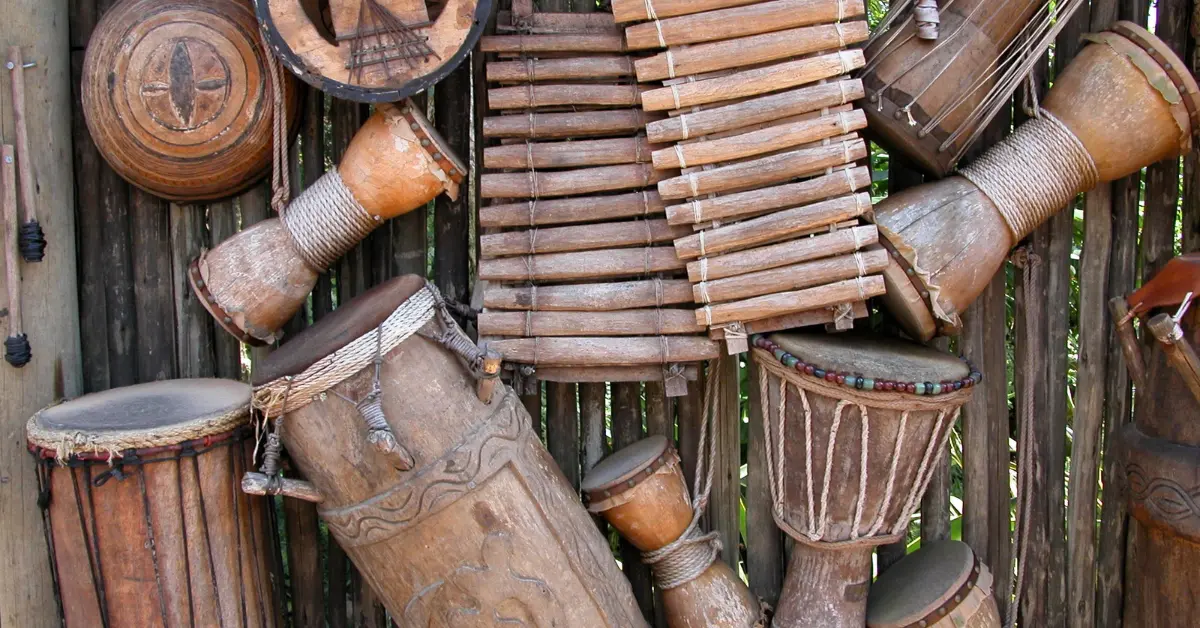
Whether you’re just starting your musical journey or already enjoy playing instruments like the tabla, mridangam, or dholak, caring for your percussion instruments is essential. Indian percussion instruments, in particular, require thoughtful maintenance due to their natural materials and handcrafted construction. Neglecting basic care can lead to damage, poor sound quality, or even costly repairs. In this guide, we’ll walk you through how to care for your percussion instruments effectively so they last longer and sound better every time you play.
1. Understand Your Instrument’s Materials
- Wood: Many Indian drums like the mridangam and dholak are made of jackfruit or mango wood.
- Animal Skin: Traditional drum heads use goat or cowhide for resonance.
- Metal Components: Tabla and other instruments might have metallic rings or tuning elements.
- Synthetic Options: Some modern instruments use synthetic heads or plastic bodies for durability.
Understanding what your instrument is made of will help determine how to care for it correctly.
2. Cleaning Your Percussion Instruments
- Wipe Down After Use: Always use a clean, dry cloth to wipe the surface after each use.
- Avoid Harsh Chemicals: Never use alcohol or strong cleaners on natural skins.
- Conditioning: Use natural oil (like coconut or mustard oil) on wooden parts monthly to prevent drying.
- Drum Head Care: Occasionally rub a soft cloth lightly over the drum head to remove dust.
3. Humidity and Temperature Control
- Avoid Direct Sunlight: Prolonged exposure can warp wooden bodies.
- Use Dehumidifiers or Silica Gel: Especially in monsoon regions of India.
- Storage in Cloth Bags: Use padded bags that help in temperature regulation.
- Climate Matters: Instruments behave differently in coastal vs. inland regions—adjust care accordingly.
4. Tuning and Maintenance Basics
- Tuning the Tabla: Learn to use a hammer or consult a teacher for tuning properly.
- Mridangam Tuning: Adjust tension cords gently or consult a professional.
- Check for Cracks: Inspect weekly to ensure no cracks are forming in the body or head.
- Replace Damaged Parts: Don’t wait too long to replace torn skins or broken cords.
5. How to Store Percussion Instruments
- Use Proper Bags: Invest in a quality gig bag or hard case.
- Keep Off the Ground: Store on shelves or stands.
- Avoid Damp Areas: Keep away from kitchens or bathrooms.
- Long-Term Storage: Loosen any cords or heads slightly to reduce tension over time.
6. Transporting Your Instrument Safely
- Use Cushioned Bags: Especially for travel within India or by train.
- Secure in Vehicle: Make sure the instrument doesn’t bounce around.
- Avoid Temperature Shocks: Don’t expose to sudden hot or cold conditions.
- Label Your Case: Especially helpful if transporting during events or concerts.
7. Special Tips for Indian Instruments
- Tabla: Apply “syahi” paste correctly; never scratch it off.

- Mridangam: Wrap it in soft cloth when not in use.

- Dholak: Occasionally tighten with rope or nuts, depending on the type.

- Ghatam: Store upright and avoid wet surfaces.

- Kanjira: Keep away from humidity; replace skins more often due to its delicate size.

8. Common Mistakes to Avoid
- Overtightening: Can cause drum heads to snap.
- Using Plastic Covers: Can trap moisture and damage the skin.
- Neglecting Tuning: Leads to inconsistent sound.
- Skipping Cleanups: Accumulated dust can cause wear.
- Using Wrong Oils: Avoid mineral oils; use natural oils instead.
9. Routine Maintenance Schedule
- Daily:
- Wipe surface
- Check for dust accumulation
2. Weekly:
- Inspect for damage
- Light conditioning if needed
3. Monthly:
- Deep clean wooden surfaces
- Tighten loose parts
4. Yearly:
- Professional check-up
- Replace drum heads if needed
10. Finding Help and Services in India
- NMS Musicals (Chennai & Pondicherry): Offers expert care and repair services.
- Local Artisans: Often more affordable for natural repairs.
- Online Forums: Indian music communities on Facebook, Reddit.
- Workshops: Look for percussion maintenance workshops.
Conclusion
Caring for your percussion instruments doesn’t have to be complicated—it just takes a little attention and consistency. Whether you play the tabla, mridangam, dholak, or any other Indian percussion instrument, these care tips will help you maintain their quality and ensure a longer lifespan. Proper cleaning, regular tuning, climate control, and careful storage can make a huge difference in how your instrument sounds and performs. So treat your instruments like the musical partners they are, and they’ll serve you well for years to come.
At NMS Musicals, we offer a comprehensive range of musical instruments, including percussion, string, wind, and keyboard instruments. Our services encompass sales, expert servicing, and the manufacture of leather instruments. Explore our diverse collection and find the perfect instrument to suit your musical needs.
Visit our website to browse our offerings: nmsmusicals.in
For a closer look at our products, check out our shop page: nmsmusicals.in/shop
Stay connected with us through our social media channels:
- Facebook: https://www.facebook.com/nmsmusicalinstruments/
- Instagram: https://www.instagram.com/nmsmusicals/?hl=en
- YouTube: youtube.com/@nmsmusicals
Our shop locations are:
- Puducherry: 149, Perumal Koil Street, Heritage Town, Puducherry, 605001.
Map Link: https://maps.app.goo.gl/ejDwBBFEJmd3szxk7 - Chennai: No: 1, 1st Floor, Kandigai Street, TVS Nagar, Korattur, Chennai – 600076.
Map Link: https://maps.app.goo.gl/7oXmB6X7KQsqeuuw9
For inquiries, contact/Whatsapp us at 9500663895 or email us at laxman.m89@gmail.com.
Discover the world of musical instruments with NMS Musicals today!
For a visual overview of our percussion instruments, watch the following video:


 Cart is empty
Cart is empty 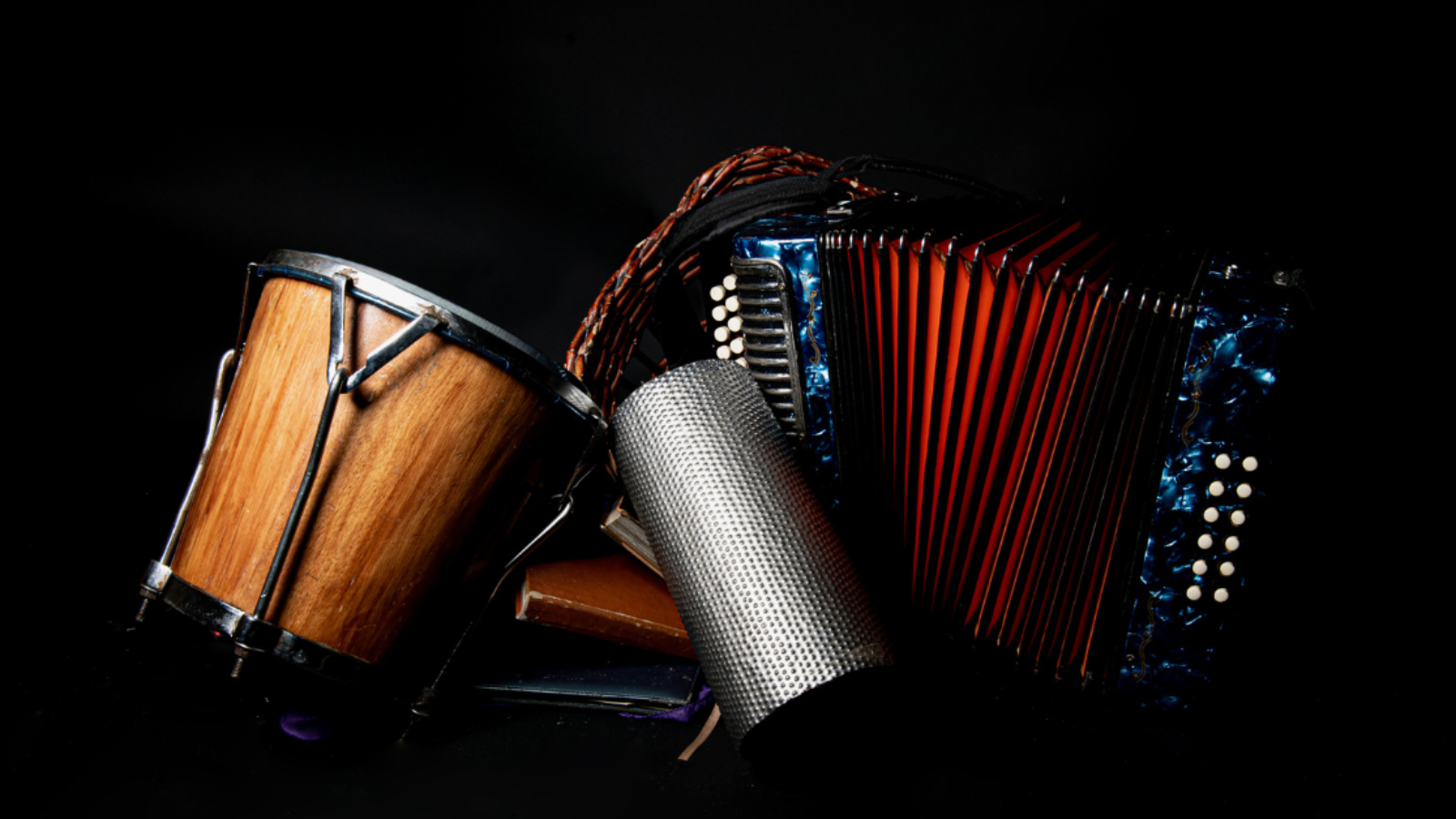
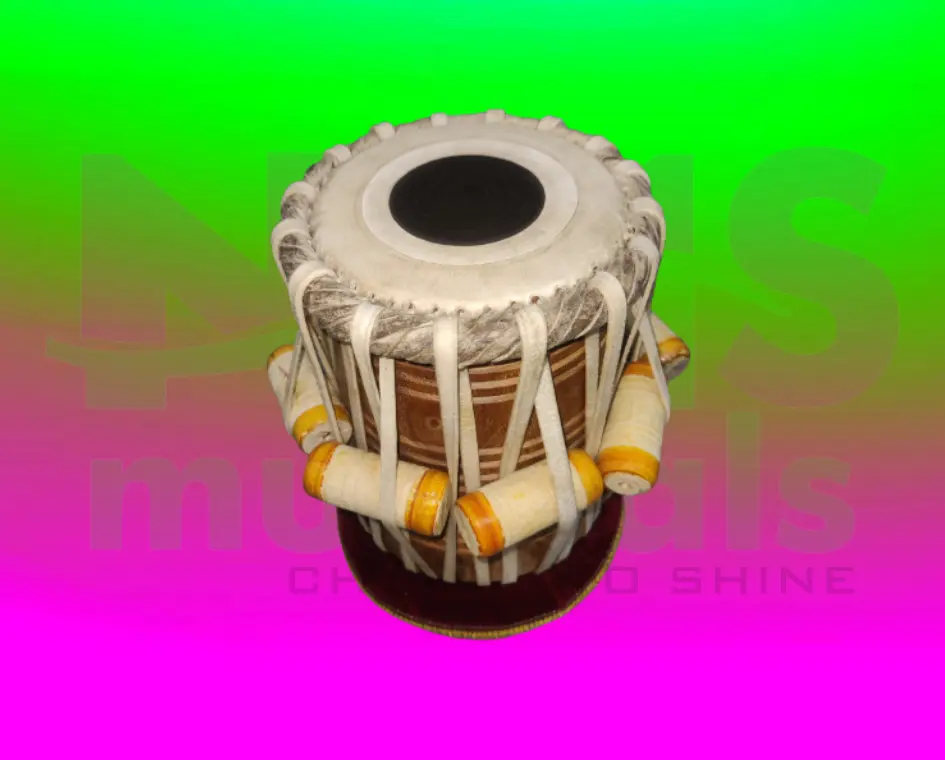
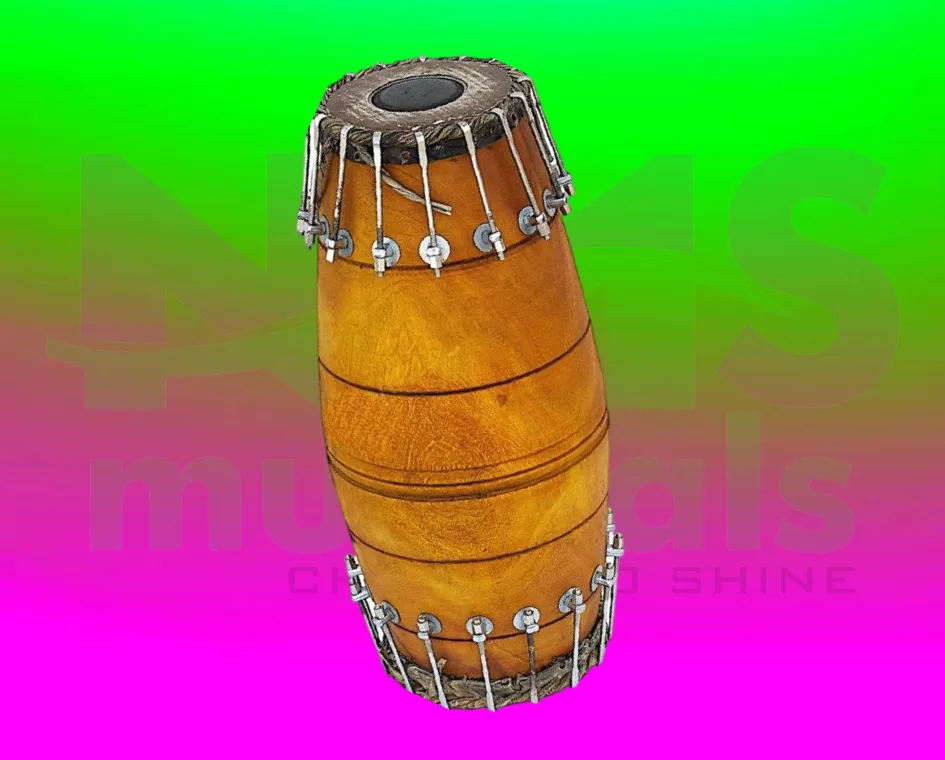
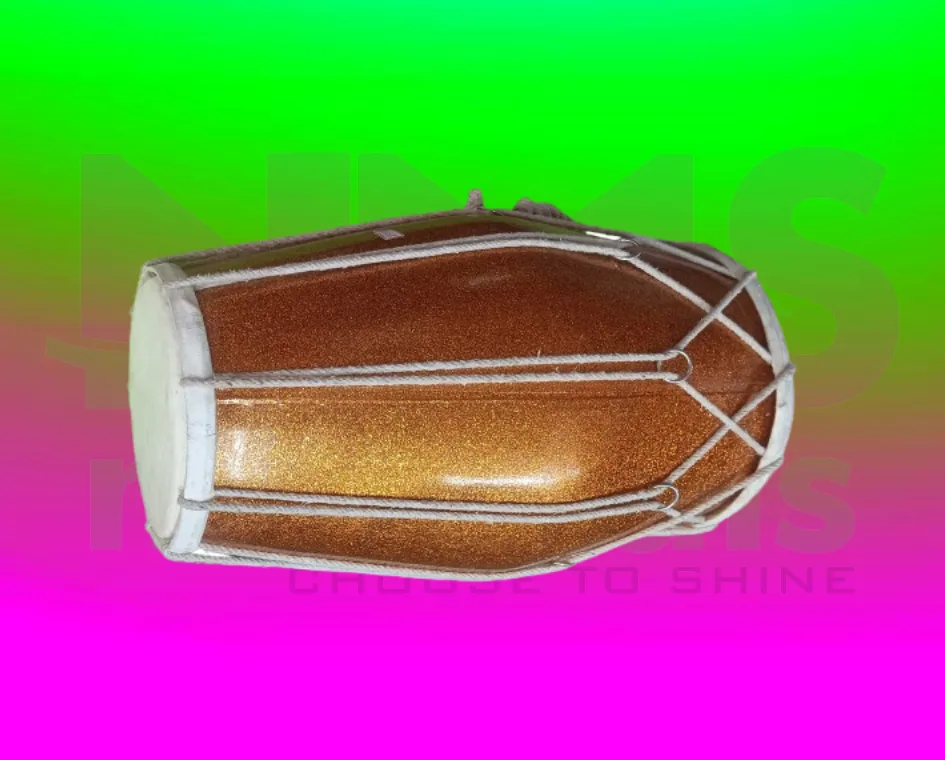
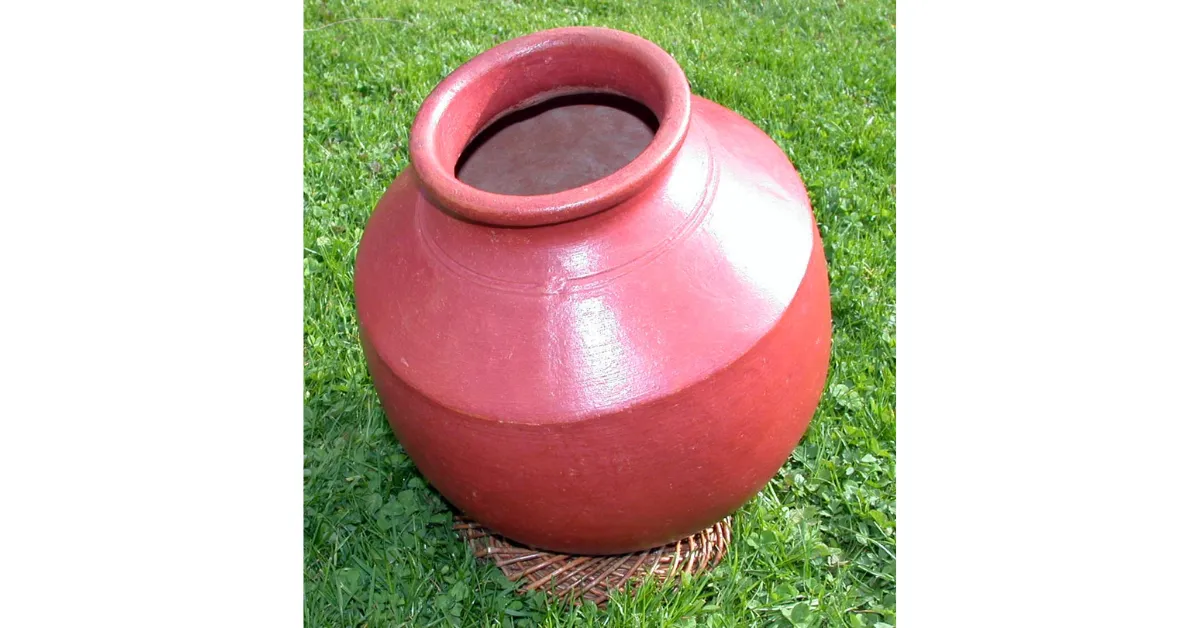
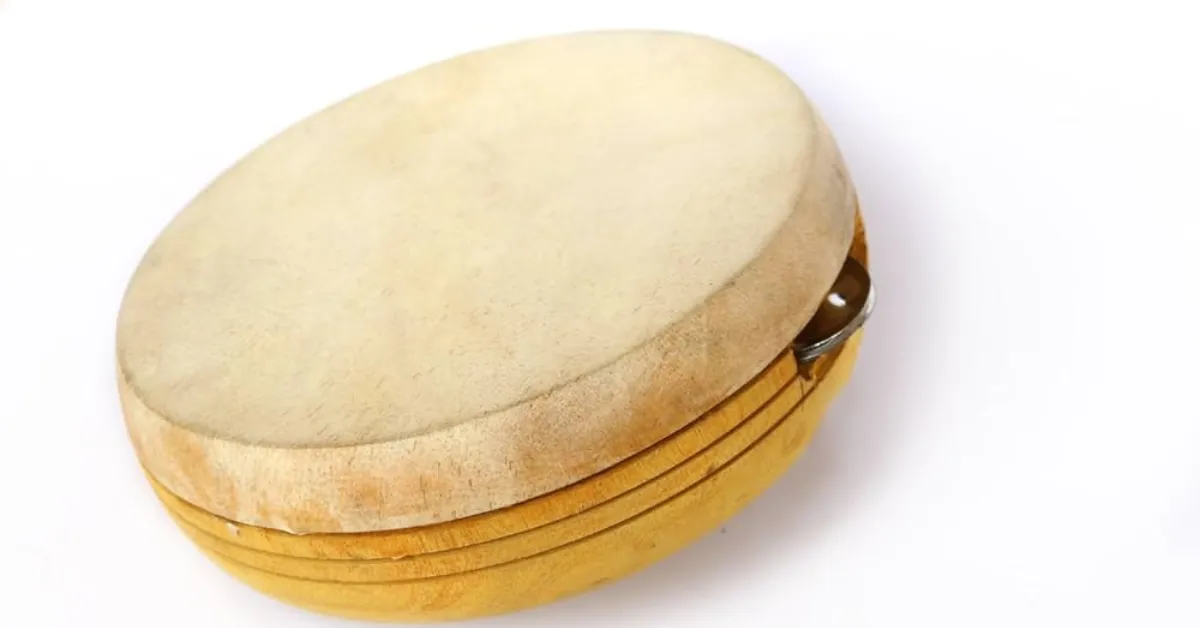
Leave A Comment
You must be logged in to post a comment